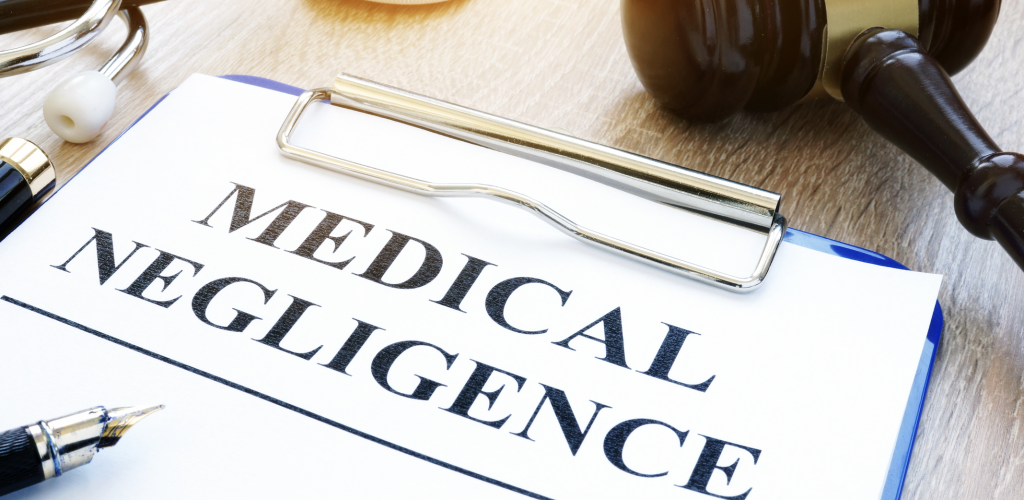While life expectancy and overall healthcare quality have improved dramatically in recent years, medical negligence is still an unfortunate reality in the healthcare sector.
If you think that you or your loved ones may have been victims of medical negligence, it’s essential that you follow up on this and claim compensation where it’s due – but what are some of the most common forms of medical negligence?
Clinical negligence: Clinical negligence is a broad term used to define negligence at the hands of a medical professional when providing medical treatment to a patient. While things can naturally go wrong, clinical negligence indicates that a doctor, surgeon or nurse has failed to carry out their sworn duty of care, and should be taken extremely seriously – if you’ve been the victim of clinical negligence, you could be liable for a compensation payout from the NHS or your private healthcare provider.
Misdiagnosis: Misdiagnosis is one of the most common forms of medical negligence in the UK; this can occur when a doctor or medical professional provides a patient with an incorrect diagnosis due to misread symptoms, improper care or a lack of thorough testing and screening. Misdiagnosis can have devastating effects for patients and can even lead to preventable serious illness or death – it’s usually most common amongst (apparently healthy) younger patients, or older patients with pre-existing medical conditions. If you’ve been misdiagnosed at your surgery or hospital, you could be liable for compensation.
Birth defects: Unfortunately, birth defects are another fairly common manifestation of medical negligence – these can occur due to injuries sustained in pregnancy or labour as a result of improper prenatal or medical care. Common examples of birth defects caused by medical negligence include cerebral palsy, the result of brain damage during labour. If your child was born with a birth defect, you could make a claim for compensation from the NHS.
Prescription and medication errors: Another shockingly common form of medical negligence in the UK is misprescribed medication. While prescription and medication errors may be the result of misdiagnosis, these can also occur when the medical history and allergies of a patient have not been taken into account, resulting in the prescription of unsuitable and unsafe medication. You could be entitled to a compensation claim if you’ve been prescribed the wrong medicine, even if this prescription has not resulted in serious illness or injury.
